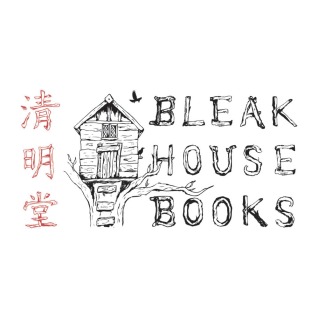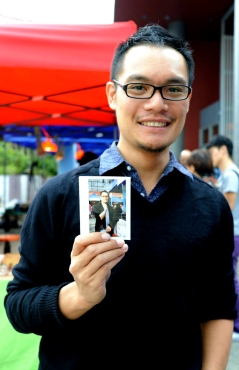“I find it amazing that the most prominent kingdom of the Indian diaspora completely evaporated, leaving nothing behind other than these stones.”
– Samuel Ferrer, The Last Gods of Indochine (2016)
I will admit it – I’m a picky reader.
There are certain genres that I used to love but now wouldn’t touch with a ten-foot pole (chick lit lad lit I’m lookin’ atcha), and I secretly wish that Top 10 Bestseller shelves could be consigned to the dusts of bibliographic oblivion.

Fie! Fie! Get thee gone
I’ve written about my (much contested) aversion to sci-fi before, and I’ve always found the idea of fictionalising history a bit unsettling.
This is why, when author, double bassist and jazz musician Samuel Ferrer reached out to me a while ago with an invitation to read his historical fiction novel, The Last Gods of Indochine, I was skeptical. Looking back, I’d say I was thrown out of my ‘reading comfort zone’, given that a large part of it is set in medieval Cambodia – a period in history which I have absolutely no knowledge about.
 Recently, I came across the website of an independent second-hand English bookseller called ‘
Recently, I came across the website of an independent second-hand English bookseller called ‘ In this post, I feature my first ever guest blogger, Ray Hecht, an American writer who has published books about Ohio, California, Hong Kong and Shenzhen, where he has been living since 2008.
In this post, I feature my first ever guest blogger, Ray Hecht, an American writer who has published books about Ohio, California, Hong Kong and Shenzhen, where he has been living since 2008. 



